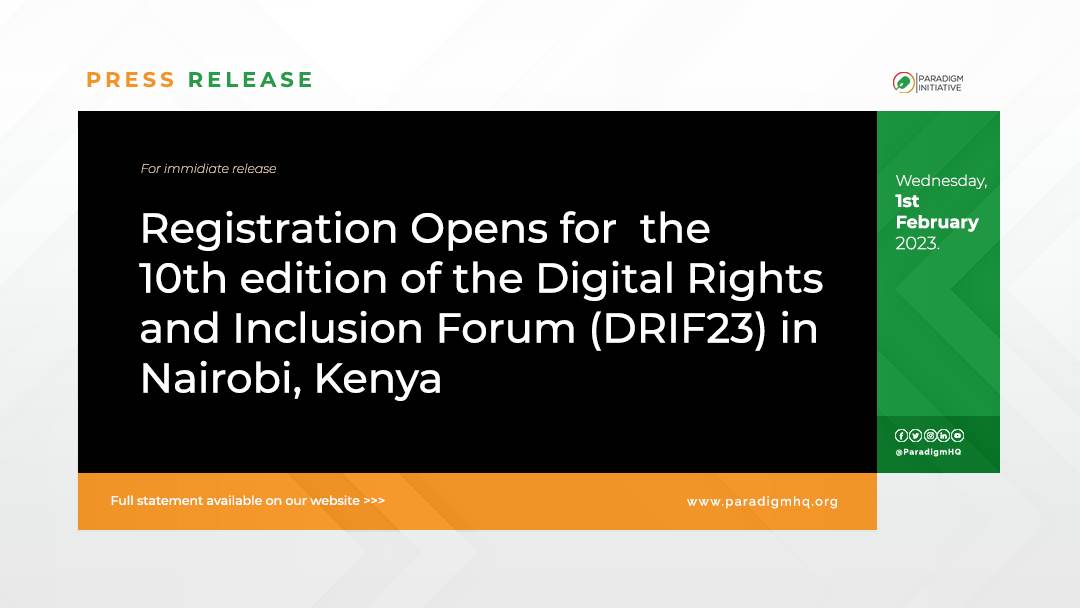Foreign News
Paradigm Initiative expresses deep concerns over internet disruptions in Senegal
By OBINNA EZUGWU

Digital rights advocacy group, Paradigm Initiative (PIN), has expressed concern over disruption of internet services in Senegal, as protests in the West African nation continues.
The arrest of the country’s opposition leader, Ousmane Sonko, 46, accused of rape, had triggered widespread protests in the country, which led to the death of at least five young people.
In a statement on Tuesday, PIN said the country recorded disruptions to the internet and social networks on Friday March 5, 2020 as evidenced in a report by NetBlocks.org.
According to it, alerts from internet users revealed disruptions on social media platforms such as Facebook, YouTube, WhatsApp and some Telegram servers.
PIN said before the disturbances were recorded, “clashes and other demonstrations shook several cities in the country after the arrest of the political leader and opposition leader, Ousmane Sonko; came third in the last presidential election in 2019.
“Disturbances of the internet and social networks are a violation of digital user rights, and a violation of certain Internet rights according to the Senegal constitution Article 8, which guarantees its “citizens fundamental individual freedoms including freedom of opinion, expression, the press, association, assembly, travel, and demonstration”.
The statement continued, “As a reminder, Senegal had recorded similar disturbances of internet servers a few days before the presidential election of February 24, 2019.
“In view of this news and the unfolding of events in the country, Paradigm Initiative is deeply concerned about disturbances of Internet networks aimed at suppressing demonstrations and the expression of online freedom of opinion in Senegal.
“Paradigm Initiative urges and requests the Senegalese government on its responsibilities and calls for respect for international human rights obligations, and to make a lasting contribution to actions to protect digital rights in the country, in accordance with the resolution of the African Commission on Human and Peoples’ Rights (ACHPR) adopted in 2016 on the right to freedom of information and expression for the internet in Africa, ACHPR / Res.362 (LIX).”







